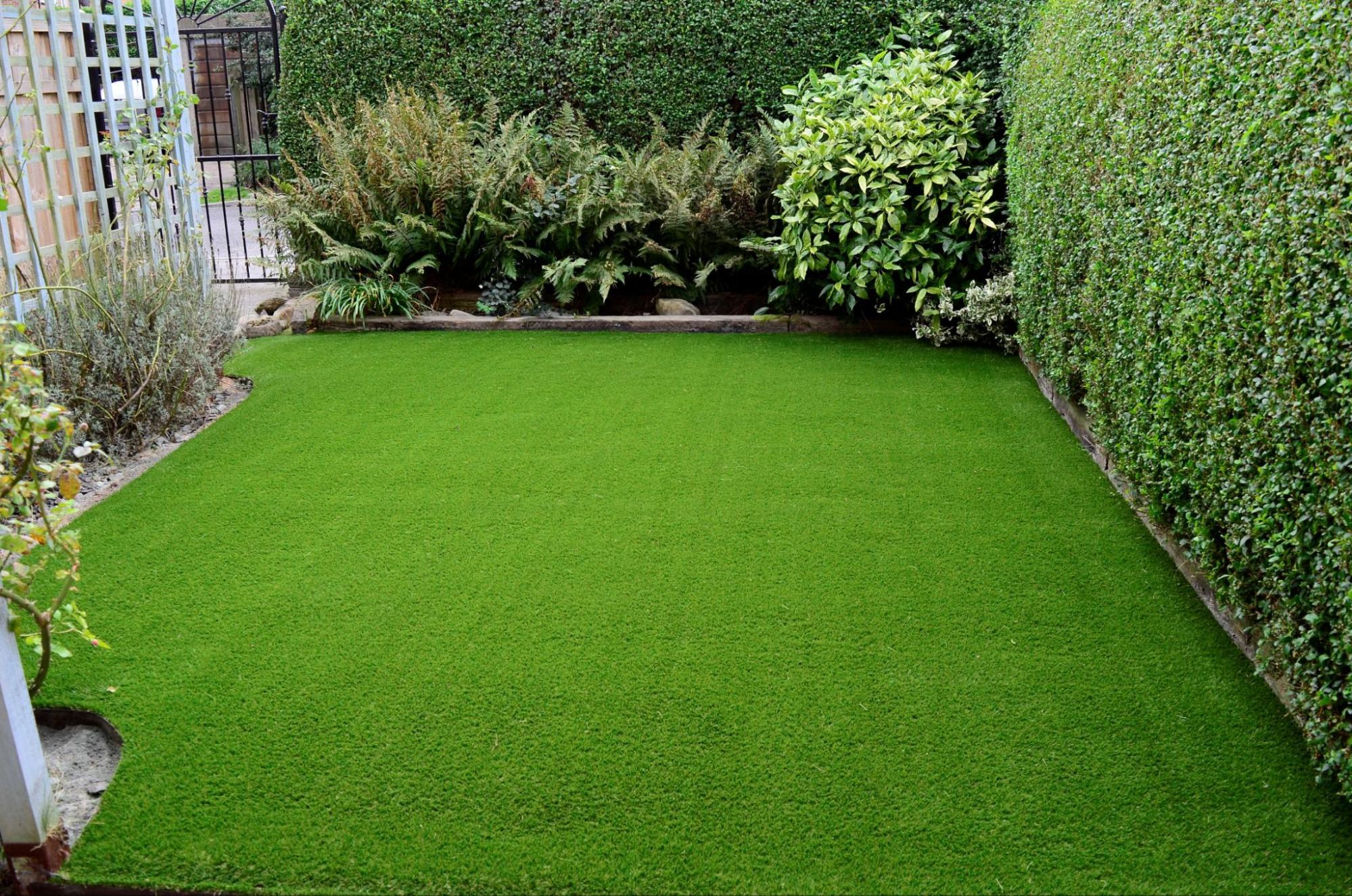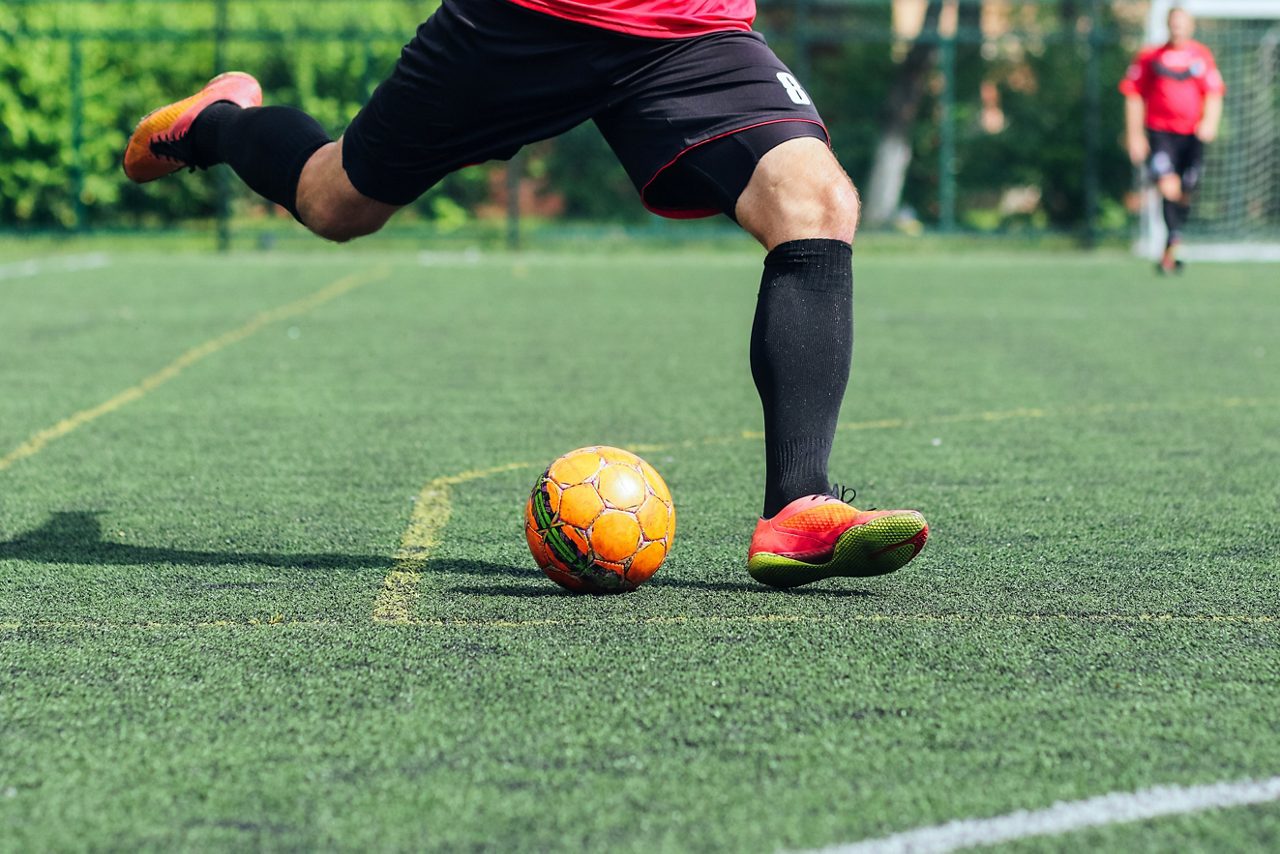Top Phoenix Turf Companies Providing High-End Synthetic Lawn Products
Top Phoenix Turf Companies Providing High-End Synthetic Lawn Products
Blog Article
Delve Into the Environmental Advantages of Opting for Artificial Lawn Solutions
The fostering of artificial turf remedies offers a compelling opportunity to deal with pushing ecological obstacles. By considerably lowering water use and decreasing the application of damaging chemicals, these choices not only promote sustainable landscape design yet likewise safeguard neighborhood communities. The lower carbon impact connected with lowered upkeep activities adds to an extra lasting approach to land monitoring. Nonetheless, the ramifications of these benefits extend past mere preservation initiatives, increasing questions concerning their lasting effect on habitat conservation and general ecological balance. Exploring these dimensions exposes an intricate interplay worth considering.
Water Preservation Benefits
One of the most substantial advantages of synthetic grass is its capacity to preserve water. In contrast, fabricated lawn does not require watering, substantially reducing the general need for water sources.
By removing the need for routine watering, fabricated grass contributes to lasting landscape methods and assists minimize the ecological effect of extreme water intake. Furthermore, the preservation of water includes the decrease of drainage, which can result in dirt disintegration and river pollution.
In addition, the installment of artificial grass allows towns and homeowners to designate water resources extra effectively, concentrating on necessary usages such as drinking water and farming. The shift in the direction of fabricated turf not just advertises accountable water usage however likewise straightens with wider environmental goals targeted at maintaining natural sources.
As neighborhoods increasingly focus on sustainability, the water preservation advantages of synthetic turf provide a compelling case for its fostering in property and industrial landscaping jobs.
Reduced Chemical Usage
The shift to synthetic grass substantially decreases the dependence on chemical treatments commonly made use of in all-natural turf maintenance. Traditional turf administration generally involves the application of herbicides, fertilizers, and pesticides to advertise development and control bugs. These chemicals can pose threats to human health and wellness, local wild animals, and the setting, adding to soil and water contamination.
In comparison, man-made grass removes the demand for these harmful materials. By minimizing the launch of artificial substances into the ecological community, man-made lawn advertises much healthier dirt and water systems.
Additionally, the lack of chemical drainage associated with artificial grass installations helps shield local waterways from contamination, supporting marine life and preserving biodiversity. Arizona artificial turf. As areas significantly focus on lasting techniques, choosing synthetic grass presents a sensible remedy that straightens with environmental preservation goals. Through this shift, residential property proprietors can take pleasure in rich green spaces without compromising eco-friendly health and wellness, leading the way for an extra sustainable future
Lower Carbon Impact

Furthermore, the setup of synthetic turf can cause substantial water conservation. All-natural grass need significant quantities of water for watering, which not only includes in the carbon impact associated with water extraction and treatment yet also stress neighborhood water sources. In contrast, synthetic grass requires very little maintenance, needing no watering, therefore substantially lowering water usage and its connected power expenses.
Additionally, the longevity of fabricated grass contributes to its reduced carbon effect. With a life-span of approximately 15 years or more, the need for frequent replacements is diminished, leading to less waste and lower energy consumption in production and dealing with conventional lawn options. In general, synthetic grass provides a sustainable option for ecologically mindful landscaping.
Habitat Preservation
Environment conservation is an essential factor to consider in the dispute over landscaping choices, particularly when contrasting synthetic grass to all-natural yard. All-natural lawn lawns often call for considerable maintenance, including the usage of herbicides, fertilizers, and chemicals, which can adversely influence regional environments. These chemicals can seep right into the dirt and waterways, damaging native flora and animals and interrupting regional environments.
Man-made lawn removes the need for dangerous chemicals, thereby securing neighboring wild animals and keeping the integrity of surrounding environments. The setup of artificial grass can lead to the conversion of previous turf areas into even more biodiverse landscapes, such as pollinator gardens or try this website native plant areas, which can sustain neighborhood wild animals.
Inevitably, the transition to man-made grass not only conserves water and lowers upkeep efforts however likewise fosters a more harmonious relationship in between human tasks and the natural surroundings, advertising environment preservation while doing so.
Long-Term Sustainability
Lasting sustainability is an essential consider reviewing the advantages of synthetic grass over traditional yard lawns. One of one of the most considerable benefits of synthetic grass is its toughness; it can last as much as 15-20 years with minimal maintenance, whereas all-natural lawn requires constant reseeding and replacement. This long life minimizes the need for consistent resources, such as water, plant foods, and pesticides, which are crucial for keeping a healthy yard lawn.
In addition, synthetic grass adds to a decrease in carbon exhausts related to lawn care tools. Conventional grass commonly require gas-powered mowers, leaners, and blowers, all of which add to air pollution. Turf installation phoenix az. On the other hand, synthetic grass gets rid of the demand for such tools, advertising a cleaner environment
In addition, the manufacturing of synthetic grass progressively uses recycled products, boosting its sustainability profile. As manufacturers embrace environmentally friendly methods, the ecological footprint of synthetic grass remains to decrease.

Verdict
The fostering of artificial lawn services provides significant environmental advantages, including significant water preservation, lowered reliance on harmful chemicals, and a lower carbon footprint. Artificial lawn help in protecting natural habitats by minimizing land disruption and promoting lasting sustainability via the usage of resilient materials. Jointly, these elements highlight the potential of synthetic grass to contribute favorably to ecological health and offer a sensible choice to standard landscaping practices in a significantly resource-conscious globe.
In contrast, synthetic turf does not require watering, dramatically minimizing the total need for water sources. By minimizing the release of synthetic compounds right into the ecosystem, fabricated grass advertises healthier dirt and go to the website water systems.
In addition, the setup of fabricated turf can result in significant water conservation. In comparison, synthetic lawn needs very little maintenance, calling for no watering, thereby dramatically decreasing water usage and its linked energy expenses.

Report this page